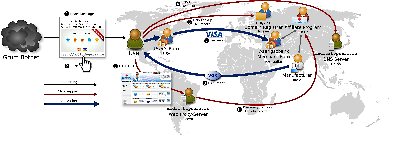ICSI Gazette, September 2012
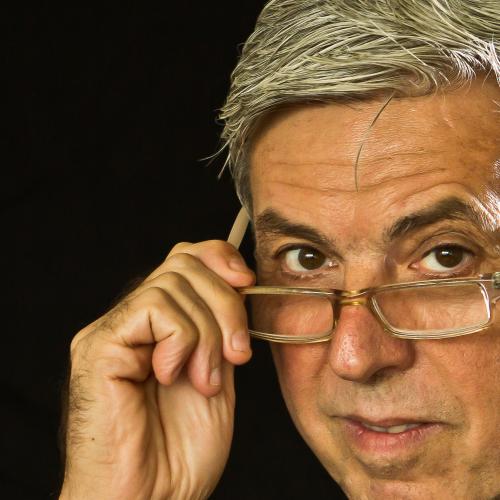 Reflections by Roberto Pieraccini, DirectorW. Brian Arthur, in his book The Nature of Technology: What It Is and How It Evolves, describes the evolution of technology as a combinatorial process. Each new technology consists in a combination of existing technologies that “beget further technologies.” Moreover, each technology springs from the harnessing of one or more physical, behavioral, mathematical, or logical principles that constitute its foundation. Innovation proceeds either through the establishment of new principles—which is typically, but not only, the domain of science—or through new combinations of existing technologies. Read more. |
|
News
New ProjectsSWORDFISH Toward Modeling Human Speech Confusions in Noise Project OUCH |
Networking to Study Human Element of CybercrimeICSI, the University of California, San Diego, and George Mason University have received a $10 million, five-year grant from the National Science Foundation to investigate the roles played by economics and social interactions in Internet security.
|
Publications, April - September |
Featured Research: Speech
Speech recognition has recently become a popular topic, with Apple’s Siri and other voice assistants making frequent appearances in the news. But speech technology’s recent surge in popularity isn’t related to any major breakthroughs in speech technology. Rather, advances in speech recognition have been incremental, and, according to Speech Group researchers, there’s still plenty of work to do before technology can understand human speech as well as humans.
“Machine intelligence fails at all sorts of things that humans don’t,” said Nelson Morgan, who has led the group since its formation in 1988.
ICSI has had its share of success in the 24 years that researchers here have been working on speech recognition.
Featured Researcher: Chuck Wooters
 This summer, ICSI welcomed back on of its first employees: Chuck Wooters. This is Chuck’s third time at ICSI.
This summer, ICSI welcomed back on of its first employees: Chuck Wooters. This is Chuck’s third time at ICSI.
Chuck grew up in the San Gabriel Mountains in southern California and entered UC Berkeley as an undergraduate. He planned to get his bachelor’s degree in philosophy and then go to law school, but after taking a course in philosophical linguistics, he decided to switch majors to linguistics. His plans changed again when he became interested in computer science. He decided he would get his law degree, work as an attorney for a while, and pursue computer science later.
Networking Leader Scott Shenker Appointed Chief Scientist
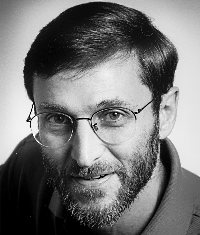 ICSI has appointed Scott Shenker as its first chief scientist. Shenker, who has led the Networking Group since 1998, will help set its research agenda and represent the interests of its researchers.
ICSI has appointed Scott Shenker as its first chief scientist. Shenker, who has led the Networking Group since 1998, will help set its research agenda and represent the interests of its researchers.
“We established the role of chief scientist at ICSI to ensure the Institute maintains its research excellence and expands its worldwide scientific relevance in today’s quickly evolving technological landscape,” said Director Roberto Pieraccini. “And Scott Shenker, a true visionary, a role model in the computer science community, and one of the pillars of ICSI, is ideally qualified to take on this role.”
Meet Our Visitors:
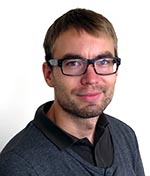
Seppo Enarvi
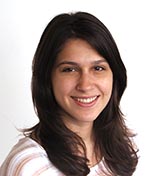
Oana Goga
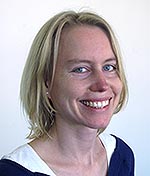
Stefanie Jegelka




